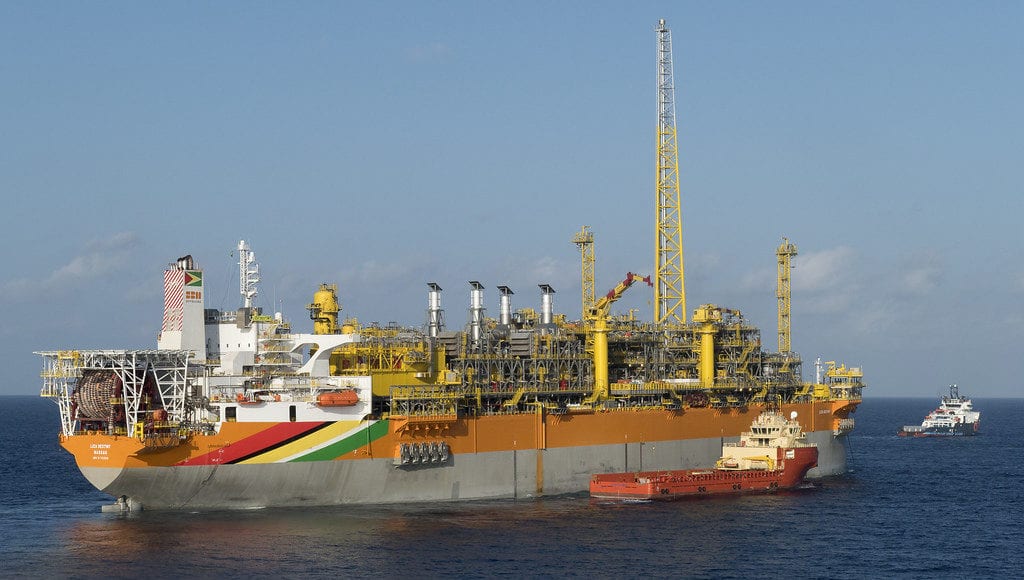In the event that Stabroek Block operator ExxonMobil exceeds the 60-day limit for flaring during start-up as set out by the Environmental Protection Agency (EPA), the company can see itself paying more than the recently implemented US$30 flaring charge.
Pursuant to Condition 3.17 of the Payara Environmental Permit, a payment was established for CO2 equivalent emissions as a result of flaring at the rate of US$30 per tonne of CO2e, consistent with similar mechanisms included in the modified Liza Phase 1 Permit, the Agency outlined in a statement on Friday.
However, the EPA pointed out that the institution and applicability of the payment is determined by the Agency, in consideration of the Polluter Pays Principle.
“The EPA also reserves the right to increase this rate where any instance of flaring exceeds sixty (60) days,” the regulator affirmed.
The EPA assured that, notwithstanding recent media reports, it boasts a wide variety of professionals who are qualified in environmental management, chemistry, engineering, and other pertinent fields, and recruits additional expertise, local and international as necessary, to perform the requisite calculations to determine the charge.
Both the Payara and the modified Liza Phase 1 Environmental Permit were viewed as marked improvements by the Agency, considering that they contain more specific flare management conditions that are consistent with industry practice in order to regulate and/or deter periods of flaring.
Moreover, the Payara Permit, the agency said, was a vast improvement in that it also included provisions for produced water management, cradle to grave waste management, insurance requirements and reporting mechanisms, which were notably absent from the Liza permits.
In fact, the Agency pointed out that the 60-day allowance for flaring at start up is tougher than international benchmarks.
Back in May, the EPA had recalled the Liza Phase 1 Permit and modified it to include more stringent regulatory requirements to address flaring in accordance with its legislation and to bring it in line with the Payara Permit.




